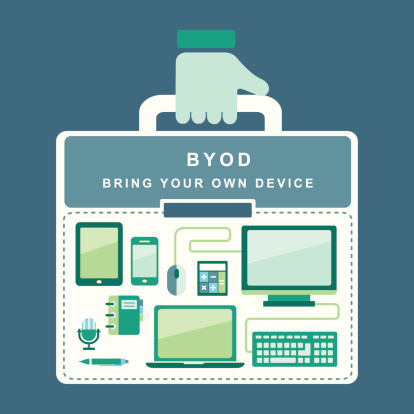Centralized BYOD – Is That Possible?
What started with employee requests to use their smartphones in lieu of corporate provided handsets has gained formal market status under the moniker ‘Bring Your Own Device (BYOD)’. Somewhere along the way the idea of providing choice to bring a device into the corporate centralized model has been replaced by the notion to banish that device along with its financial and support responsibilities to the user. The idea that ‘he who chooses, owns’ has led some companies to relinquish control and security of an increasingly critical company asset, mobility devices.
BYOD is a rapidly trending Google search term. Second only to the acronym ‘BYOD’, the most popular related Google search is ‘BYOD Phone Plans.’ Why would someone be looking for a specific plan for their BYOD device? Is this just a roundabout way to ask if there are capabilities to separate out personal versus business expense for a BYOD provided employee phone?
With sophisticated Mobility Managed Services (MMS) solutions like MobilSense’s MobilSentry, the capability exists to easily parse and collect reimbursement in an automated way from mobile devices for employee-incurred expenses. This is the notion behind Centralized BYOD. Examples of this might be an employee’s financial contribution toward the purchase of the handset or participation in a portion of the ongoing monthly costs. It could include collecting reimbursement for toll charges, international travel when not business or download subscriptions, which are generally not business charges.
Centralized BYOD provides something the personal version of BYOD can never provide, namely, oversight, control (of at least the business portion of usage) and significantly lower overall cost to both the user and the company. When you are considering your own company’s approach to BYOD, please do not overlook what could be the most powerful and effective instance of BYOD, Centralized BYOD using an MMS solution to provide the optimization and control.

